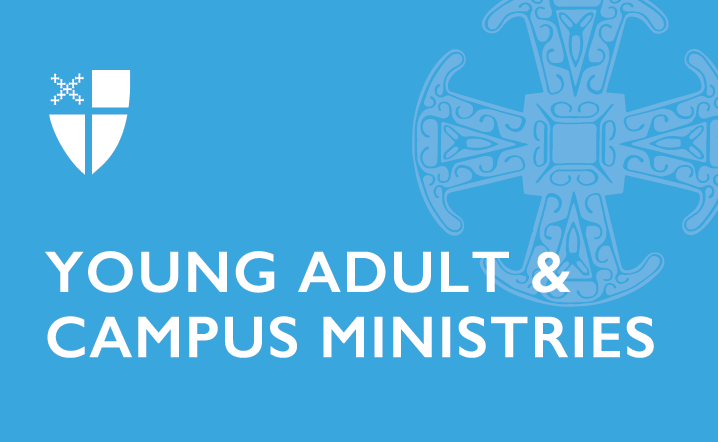Why Serve 2010: Called into Holy Conflict
November 10, 2014
Jabriel Ballentine is a member of the Diocese of the Virgin Islands, residing in Washington, D.C..
In the Name of the Father and the Son and the Holy Spirit. One God. Amen.
Recently about fifty of us youth gathered in Sewanee, TN to explore our call to serve. It was an invaluable experience that, I believe, will greatly benefit the Church. Having the opportunity to meet and exchange with others grappling with God’s call on their life is a blessing of immense proportions. Truly, iron sharpens iron (Prov. 27:17).
Now, Sewanee was seemingly an obscure place to call together youth of color. The very name speaks volumes of its past: The University of the South. Say “the South” to Black people over 50 and the term conjures images of dehumanizing oppression, social degradation and terror.
There was something miraculous about confronting the injustices of the disinherited and oppressed in an environment that celebrates the “Confederate Giants” who established the institution. Indeed, we saw the Confederate Flag memorialized in stained glass and drawings of Frederick Douglass that reminded us of the common sentiment in the South that Black people were monkeys.
Nevertheless, we engaged the experience. Without cell phone service, we were forced to come out of our virtual lives and engage each other. An amazing crop of fruit was harvested.
What is the message gleaned for young adults of color, discerning their call to service at an Institution steeped in Confederate tradition? A university founded by Episcopal Bishop Leonidas Polk for secessionist purposes to be the “national university” of the Confederacy, the very residence hall where we were housed, is a memorial in “honor” of the “Chaplain of the Confederacy,” Episcopal Bishop and “Re-Founder” of the University of the South, the Rt. Rev. Charles Todd Quintard.
Really, “why serve?” Why serve an institution (the Church) that has been complicit in dehumanizing and marginalizing us? That must be a constant reflection. It was the reflection I faced as I asked in a session on clarifying our questions: “How far can I push the Church to grapple with oppressive theologies before I’m excommunicated?” How far can we, people of color, push within the Church before we are pushed aside, marginalized, and silenced? I fear the Church might expect us to cut off our cultural identities, heritage and legacy for a superficial “unity” that yields only the appearance of cohesion while the sores still fester deep within the body? Or worse, will the Church hope for a crop of young leaders who subscribe to a feigned post-racial, post-cultural kuumbya ideology? I fear that if we, the Church, ignore these questions and the actions from which these question of necessity arise, we will tread a slippery slope that hampers the efficacy of the Gospel, especially as it pertains to those who stand with their backs against the wall (Thurman, Howard. Jesus and the Disinherited).
As I reflect on the conference, it was very fitting to host it at the University of the South. If we are to truly distinguish (or, discern) our call to ministry in this Church, we must be true to the voice of our ancestors and our posterity. Our legacy, our culture, our heritage must be brought into holy conflict with the ideologies (and theologies), which led to the founding of a “University of the South.”
Our Lord and Savior, Jesus Christ said: “Think not that I am come to send peace on earth: I came not to send peace, but a sword” (Matt. 10:34). If we are to see the beloved community and reveal a Jesus that is efficacious to the disinherited, we are compelled to agitate and cause discomfort so as to till the soil for a bountiful harvest.
This, then, is “why serve.” We serve that we might be the answer to our Lord’s prayer: that we might be one, as He and His Father are One (John 17:21). We serve that our voices might not be silenced and that our ancestors might not be forgotten. We serve that injustices might not be romanticized and justice oversimplified. We serve that the Body of Christ might be defended, attended and mended.
May God be glorified by our service! Amen.
Filed under: Why Serve

